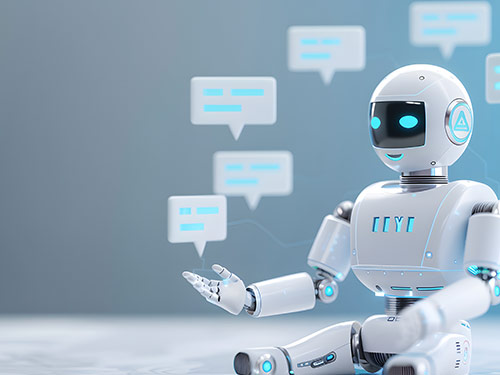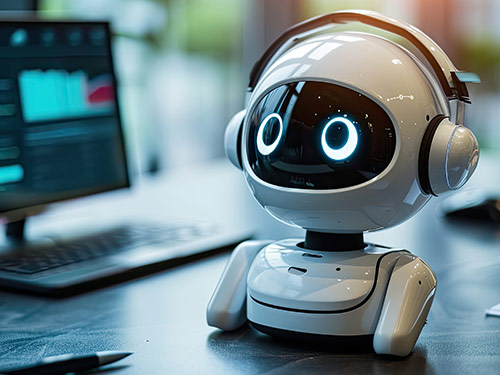But, AI and other CX technologies aren’t replacing people – they’re making them better, smarter, faster and more successful.
Well, it happened. AI fooled the AI analyst during a recent customer interaction. Not intentionally, and not in a bad way. But it clearly underscores some of the shifts Metrigy is seeing in our latest research, as well.
My story involves my months-long search for a Mother-of-the-Bride dress. The variety of options online are much better than going into stores, so like many of my friends in this era, I ordered (too many) dresses, tried them on at home, and returned those I didn’t want. After about 24 dresses, I found one I liked but noticed it was now on sale.
I could have returned it with the others I had bought, and just repurchased the same one sale, but I figured I would email and ask about the situation. My email identified the dress, my order number, and the fact that it was now $100 cheaper. I asked if they would credit the difference or if I should return it and order a new one.
Just minutes later, I received an email response that they had issued the credit. No arguments. No problems. Just a pleasant response and my issue was resolved—so much that I even replied thanking them for the fast response and good service and then filled out the satisfaction survey with a 5-star score for Alicia.
A week later, as is my prerogative, I changed my mind and wanted to keep a different dress in this order and return the one for which they issued a credit. So, I sent another email explaining my change and asked how to handle the return that I had already submitted. My response was similar in tone to the last one, but it said she needed to turn it over to a human agent.
Signed… Alicia, the store’s virtual assistant.
BAM! I was fooled. And it brought my mind right to a chart I had just created for Metrigy’s CX Optimization 2025-26 global research study of 656 companies about the importance of people vs. technology.
What’s More Important: People or Technology?
Continue reading at nojitter.com.





